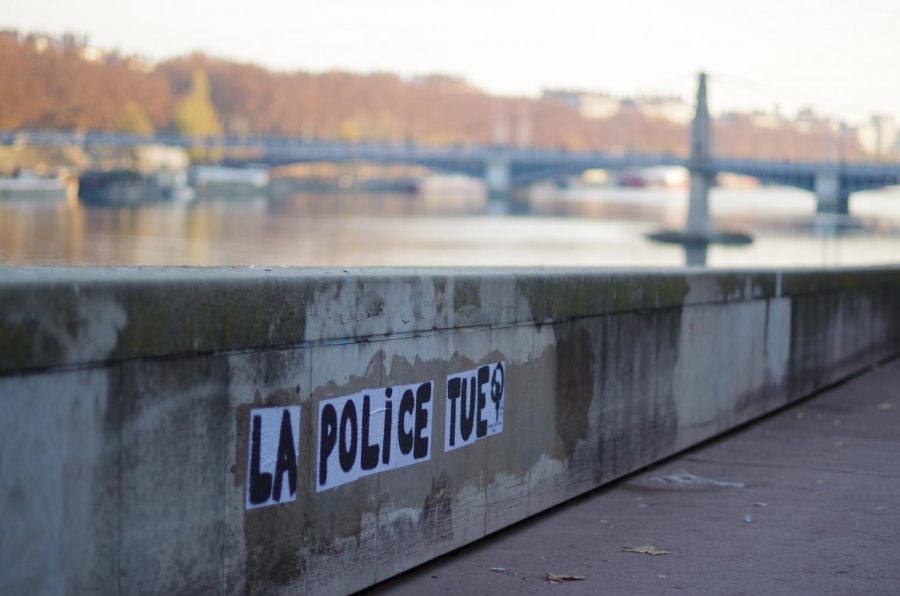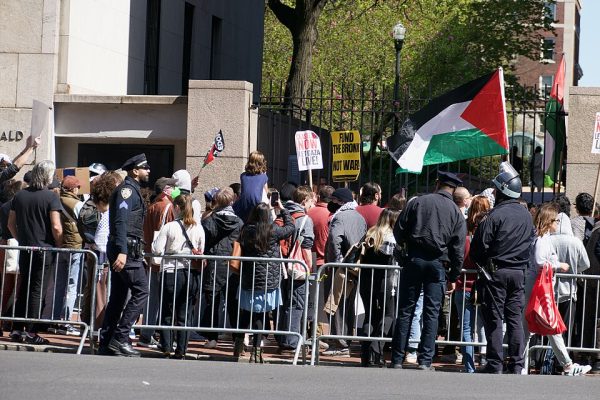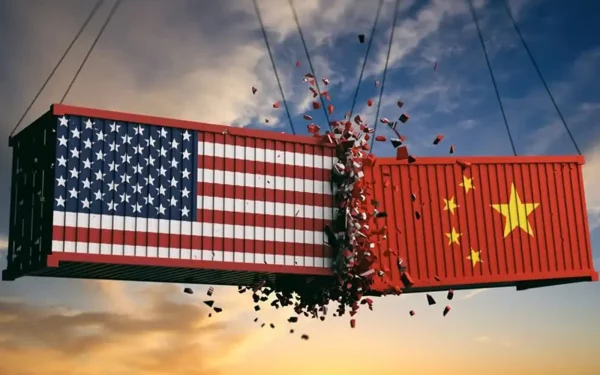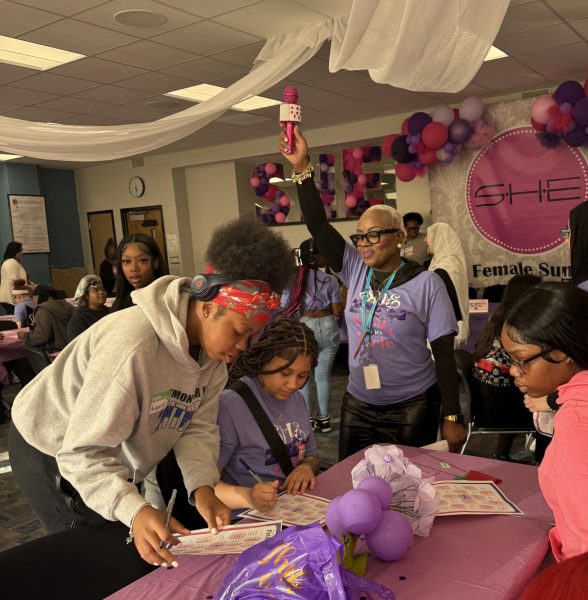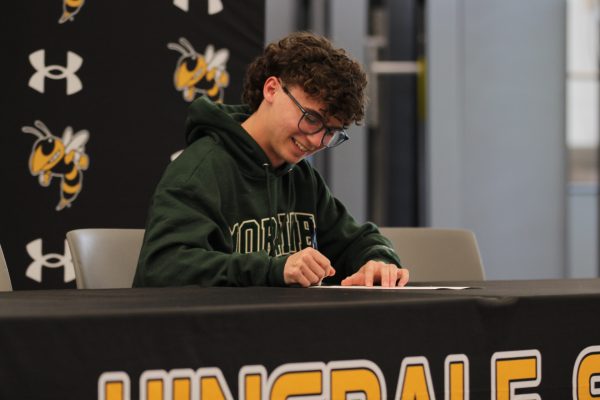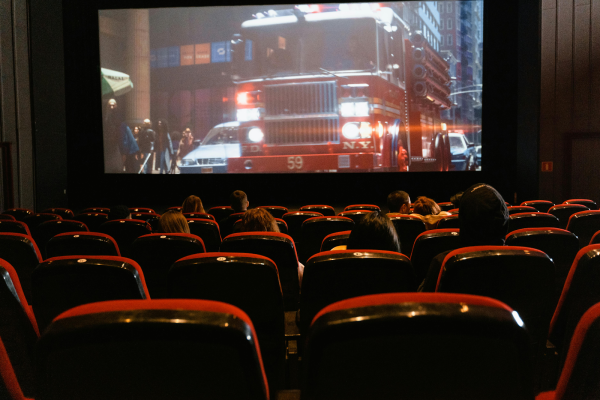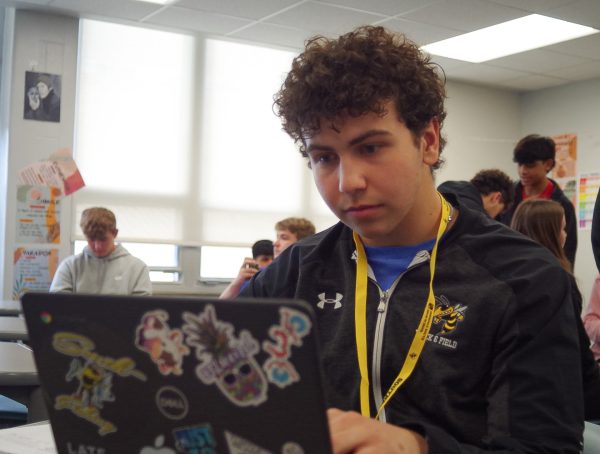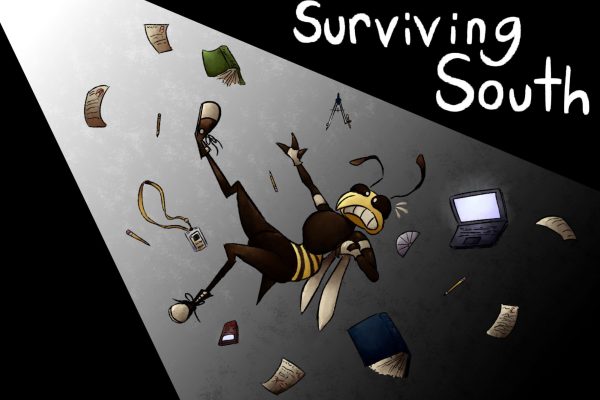France’s Fight Against Police Brutality
A wall in Lyon, France reads “The police kill” in the wake of racially driven police brutality and a new bill that would punish citizens for recording police officers.
In recent weeks, France’s stance on police brutality, along with its actions, have been received with a wave of international backlash. The citizens of France began protesting and petitioning the government in response to the newest draft bill on recording French officers, and how ubiquitous police brutality is in France.
A proposed bill, fully supported by French president Emanuel Macron, has resulted in criticism from French civilians and journalists alike. The draft bill states that taking videos of police officers with “intent to harm” would be considered a crime with a punishment of a €45,000 ($54,000 USD) fine and up to a year in jail. The main concern stems from the fact that it can be argued that any video of police officers is considered to have “intent to harm” to the officers, though taking videos of police officers beating French civilians (a high percentage racially driven) is a major player in bringing justice and evidence to fight the police brutality problem in France.
Police brutality in France has been a continuous issue that has caught the attention of thousands of citizens who believe their rights are being threatened as the police officers suffer no consequences. Unlawful and violent arrests have been omnipresent in majority black and immigrant communities, and without video documentation proving otherwise, those arrests would have been considered “lawful” under France’s laws. French officers were also under scrutiny for videos showing their use of rubber bullets, water cannons, batons, and teargas against non-violent protesters, students, and journalists. About 40 different journalist organizations have petitioned Gérald Darmanin, the interior minister, to reevaluate the bill and remove the clauses in the law that will “undermine the freedom to inform” and the freedom of press.
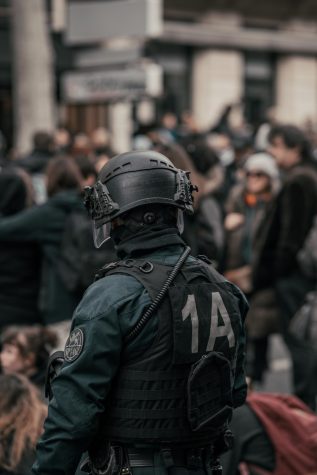
People’s fears and concerns about the draft bill continued to rise after the recent beating of Michel Zecler, a black music producer who was beaten by French police as he attempted to enter his studio. The surveillance camera had recorded the assault, and then a witness had uploaded the video to a popular French video website in order to call for public action against the abuse suffered at the hands of the police forces. The beating stopped once others ran to Zecler’s aid, though police later threw a tear gas canister through the window of his studio and accused Michel of violent behavior though the video clearly showed otherwise.
“The images we have all seen of the aggression against Michel Zecler are unacceptable, they are shameful for all of us. France should never allow violence or brutality, no matter who it comes from. France should never let hate or racism prosper,” Macron said in a statement, though many noted it seemed contrary to the bill he was supporting as Zecler’s lawyer, Hafida El Ali, stated “My client spent a completely unjustifiable 48 hours in police custody…If we didn’t have the videos, my client might be in prison right now.” She had also added that it was awful and unlawful for the officers to fabricate claims about Zecler’s aggression (which were disproven by the video). Days before, the French police were also filmed violently and brutally clearing a migrant camp ground which Darmanin called “shocking” to watch.
In response to the draft bill and Michel Zecler’s assault, tens of thousands protested in effort to convince government officials to vote against it, though Macron had continued to openly support the bill. Among the protesters, the families and friends of the victims of police brutality joined in, urging others to protect their freedoms. Sihame Assbague, an anti-racism activist, told The Associated Press that there is a “systemic problem with French police forces, who are abusing, punching, beating, mutilating, and killing.” Activists expect a greater impact on people other than journalists, especially those of immigrant origin as France has a considerable problem with racial tension, especially on the police force.
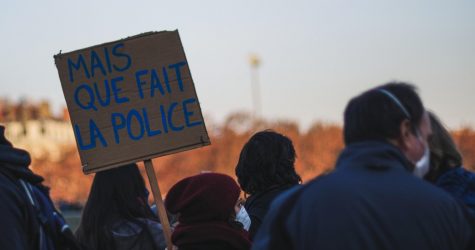
In an effort to contain the protestors and criticism, Christophe Castaner, head of “La République En Marche!” (a political party created by Macron) stated that the bill “will be completely rewritten and a new version will be submitted.” In contrast, Darmanin had refused to withdraw his stance on the bill, and stated that police officers “are not protected enough.” The “global security” law, as it was named, was partially credited to demands from the police unions for more protection for officers if filmed [“committing abuse” as one journalist added].
On Saturday, December 5th, around 100 protests were planned throughout France. Though the bill is being edited to be resubmitted, the protests in support for police reform turned violent as the police force threw tear gas canisters as the protestors, who in return, fought back. Michel Zecler, now thrust into the spotlight of the police brutality protests, expressed his fear about the fabricated accusations the officers had said about him. “What shocks me most is not that there are racist elements in the police. What amazes me is that they felt confident enough to go that far, in their actions, in their words.”

Layan Al-Khaled is a Senior at South, and is the News Editor for Stinger. With her love for writing, reading, and research, she was inspired to join Stinger. Layan...

